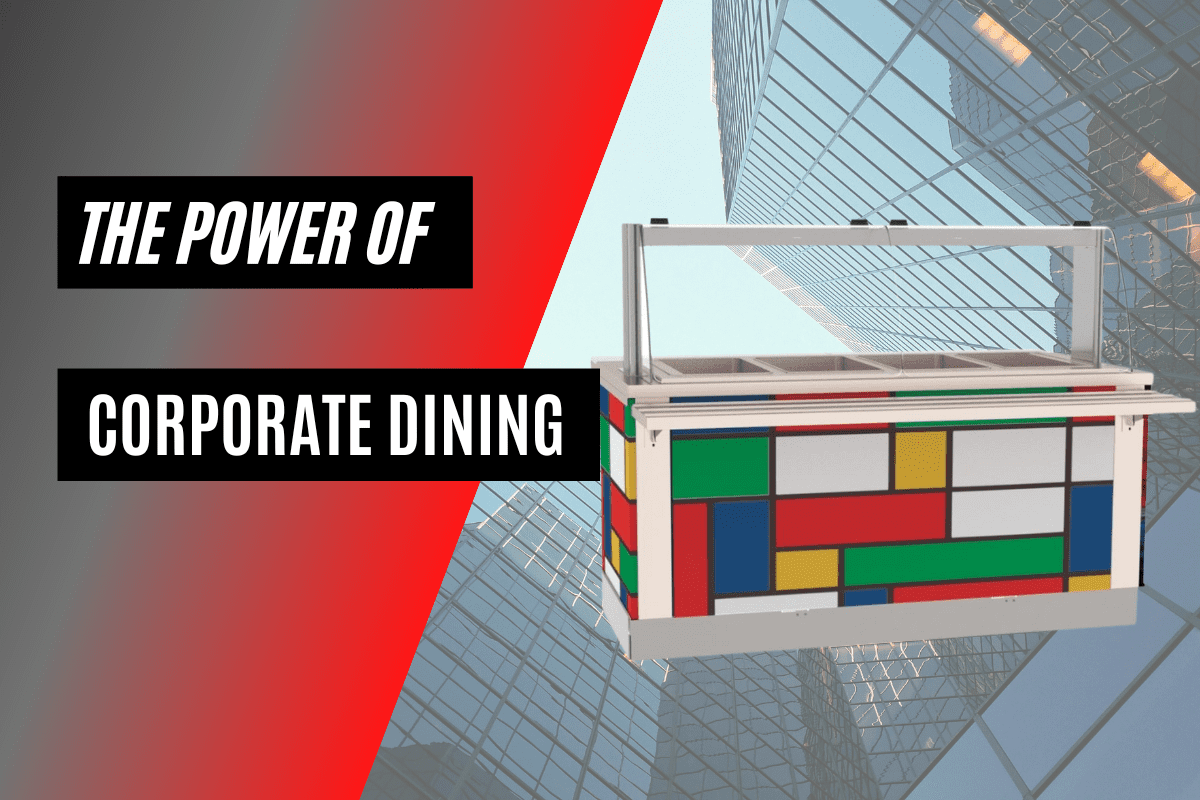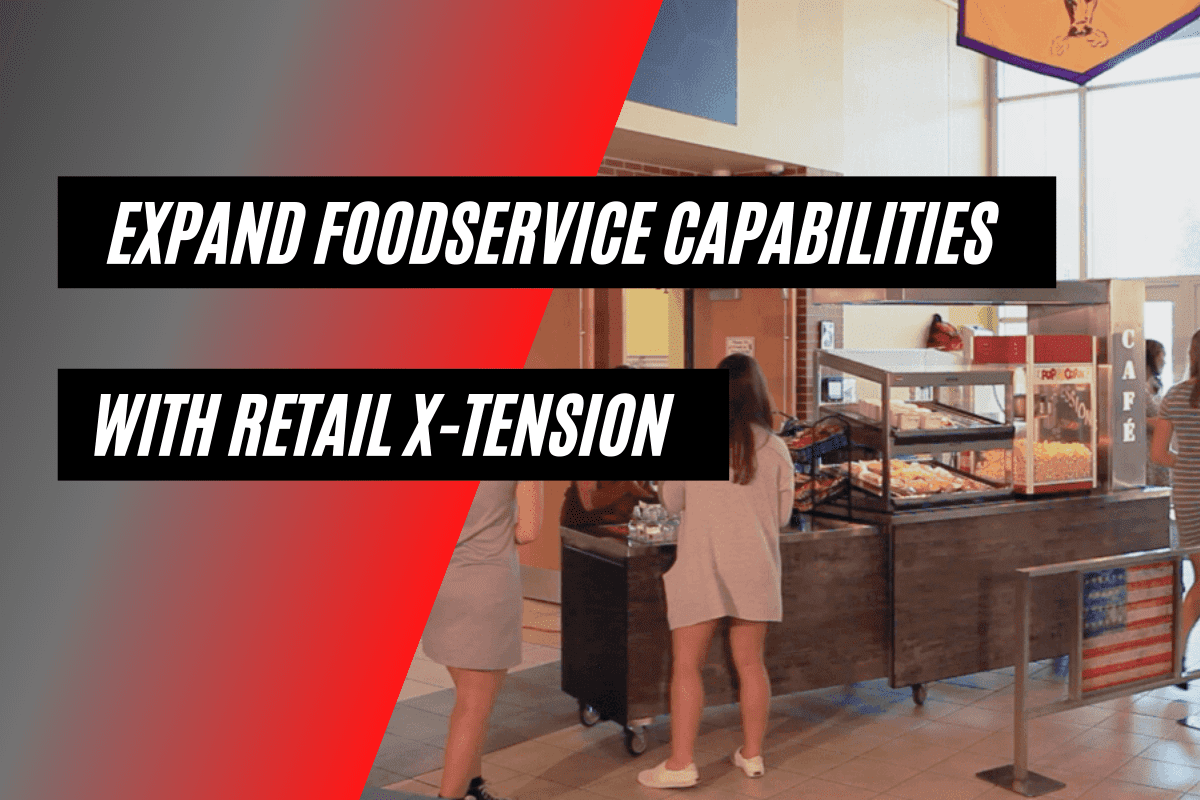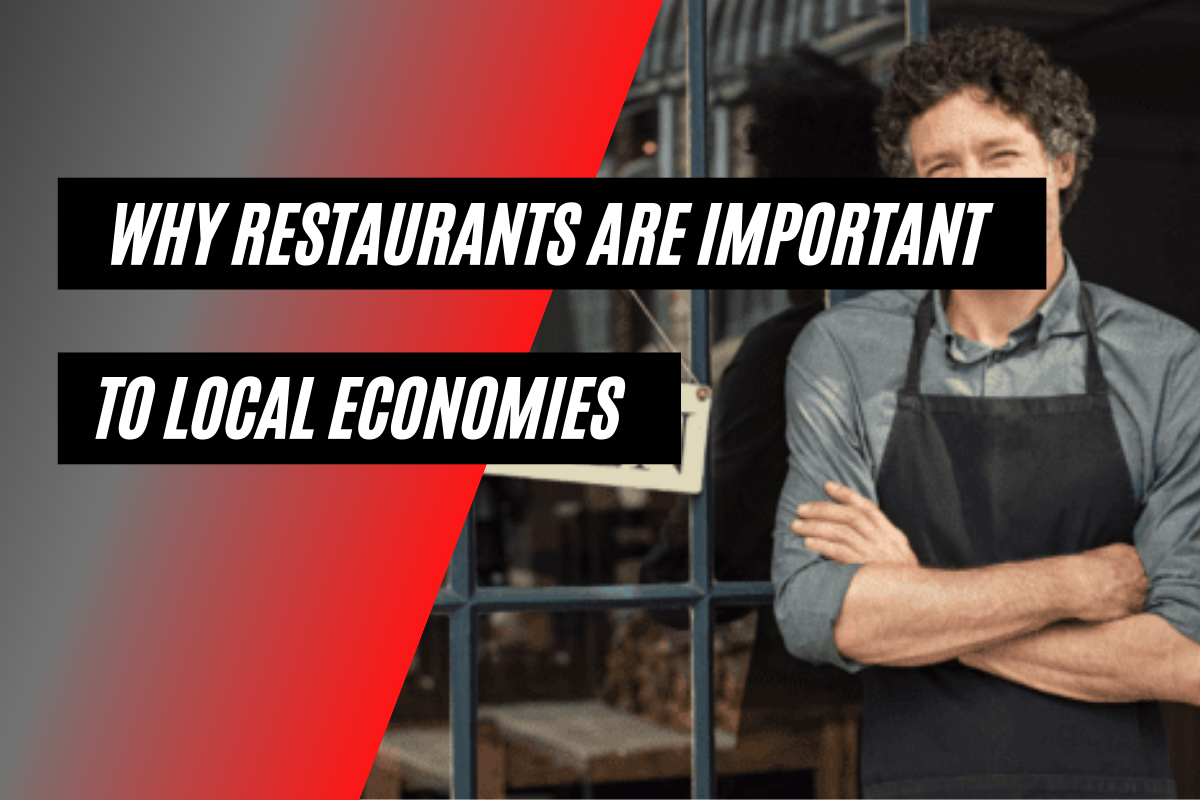The impacts of the current coronavirus pandemic on hotel and hospitality are immense. While some operations and properties have adapted to new ways of doing things, the future remains uncertain. Quarantine, social distancing rules, and restricted travel are still effective in many places, and these uncertainties will shape what the future holds for hotels and other stakeholders.
Let's take a closer look at some issues hotels and hospitality have faced over the last year, how they've adapted, and what the future might look like for the industry.
THE IMPACTS
During the last year, there have been many temporary closures, some, unfortunately, becoming more permanent. Measures such as lockdown, quarantine, social distancing, and travel bans led to the closure of hotels and other hospitality businesses, and many had to change their modes of service delivery. Hotel restaurants were required to serve food through take-outs. Those allowed to serve meals at their premises had to reduce the number of seats and tables to observe social distancing requirements.
This had many financial implications. Hotel bookings and reservations decreased significantly. Profits became minimal, and many hotels became unsustainable, forcing them to either retrench their staff or close temporarily. Hotels became more expensive in almost every part of the world since they had to offer specialized services to fewer customers. However, this was inevitable since the people's safety is a priority.
AN ADAPTING INDUSTRY
Hotels and restaurants had to move from their regular service avenues and adopt sustainable ones amid the coronavirus pandemic. Innovative technologies and new food concepts were key to implementing delivery and takeout programs, with restaurants and hotel foodservice operations taking meals directly to the customer. For hotels, having a built-in room service program already available was a helpful asset.
So what does the future hold? It will belong to operations that can reinvent their services, and technology will be key. It will be at the core of shaping the future of hotels and the hospitality industry, from utilizing text messages to implementing mobile apps to robots that can deliver food or even clean rooms. This is the future, and some hotels such as Hilton and Marriott are already using robots for some of their services.
Hotel construction designs will also change in the Post-COVID era. Hotels might have to do away with traditional delivery services and adapt to self-service. Pre-ordered meals and buffets might be a thing of the past. Grab-and-go, individually-wrapped foods could help to reduce the space needed for kitchen and dining areas. Customers are likely to be more cautious about their social interactions, and common areas will be significant in reducing seating areas and upholding social distancing regulations.
THE ROLE OF FOODSERVICE EQUIPMENT AND SUPPLIES
Service delivery in hospitality changed due to coronavirus. People are more aware of hygiene. Hotels and restaurants might have to purchase new service trays, carts, sanitary products, and other support products. For instance, disposable towels will be preferable to hand dryers for heightened sanitation. Get the best foodservice equipment to help you pull through the Covid-19 well.




